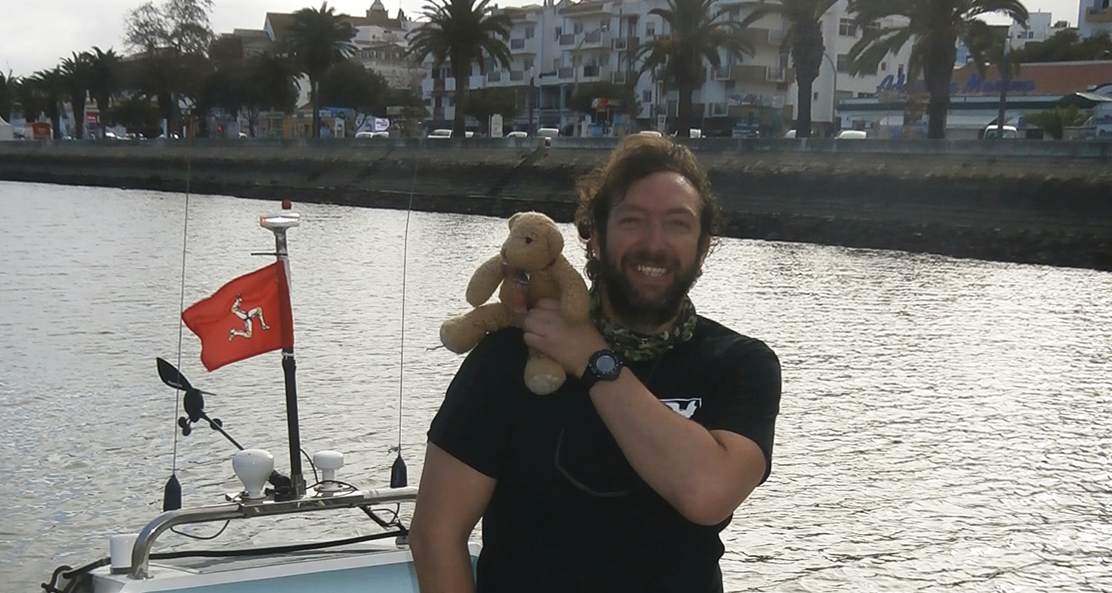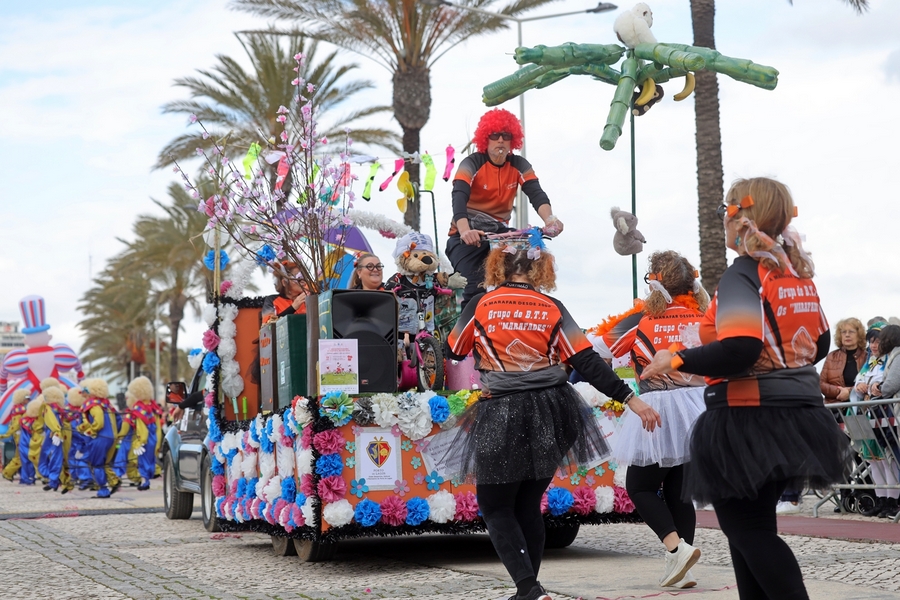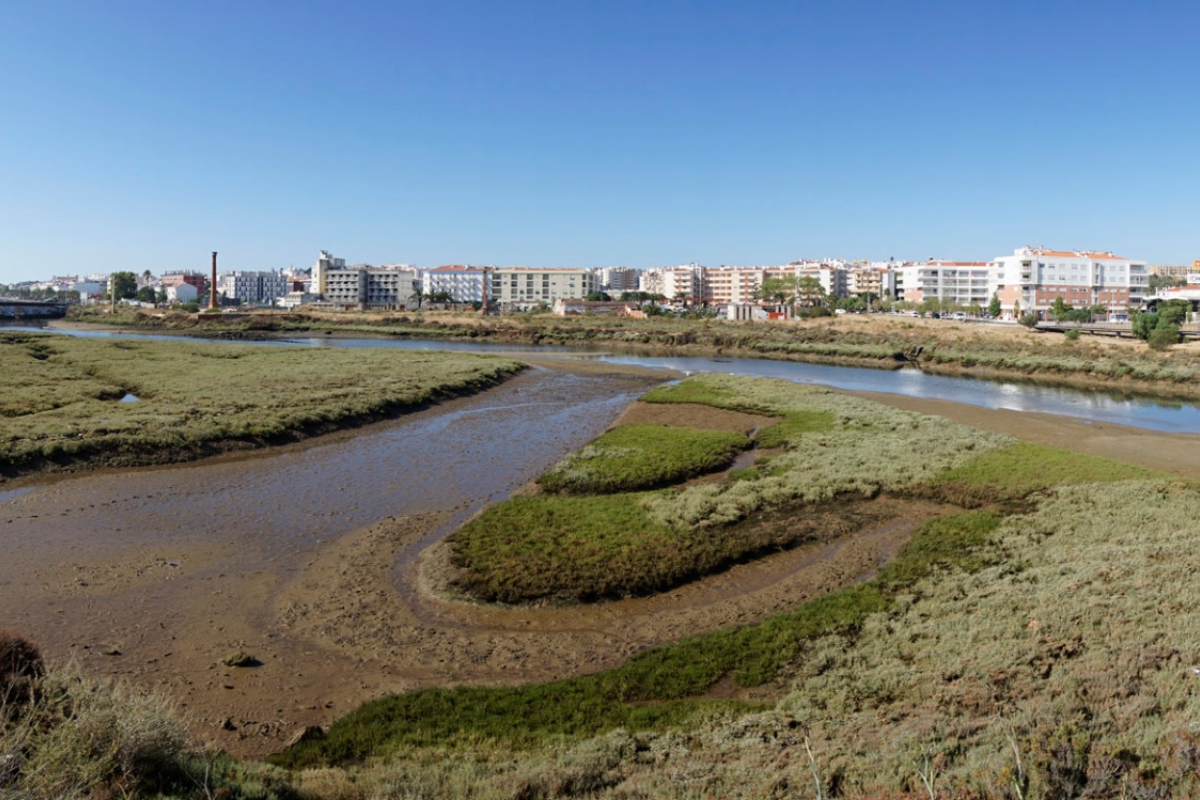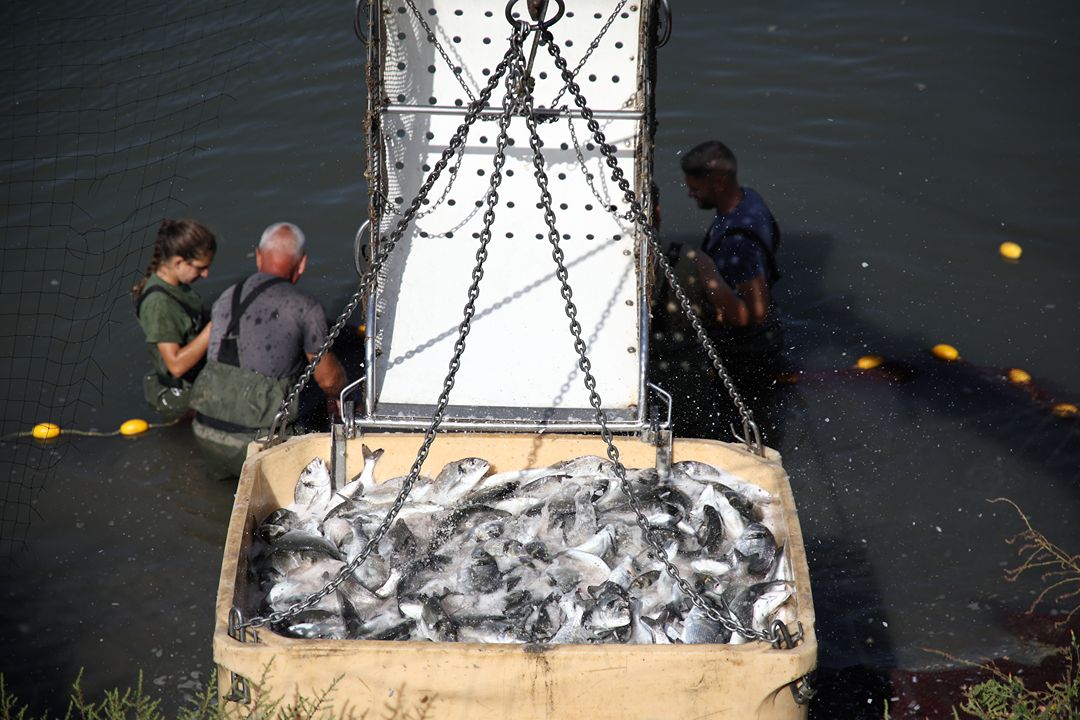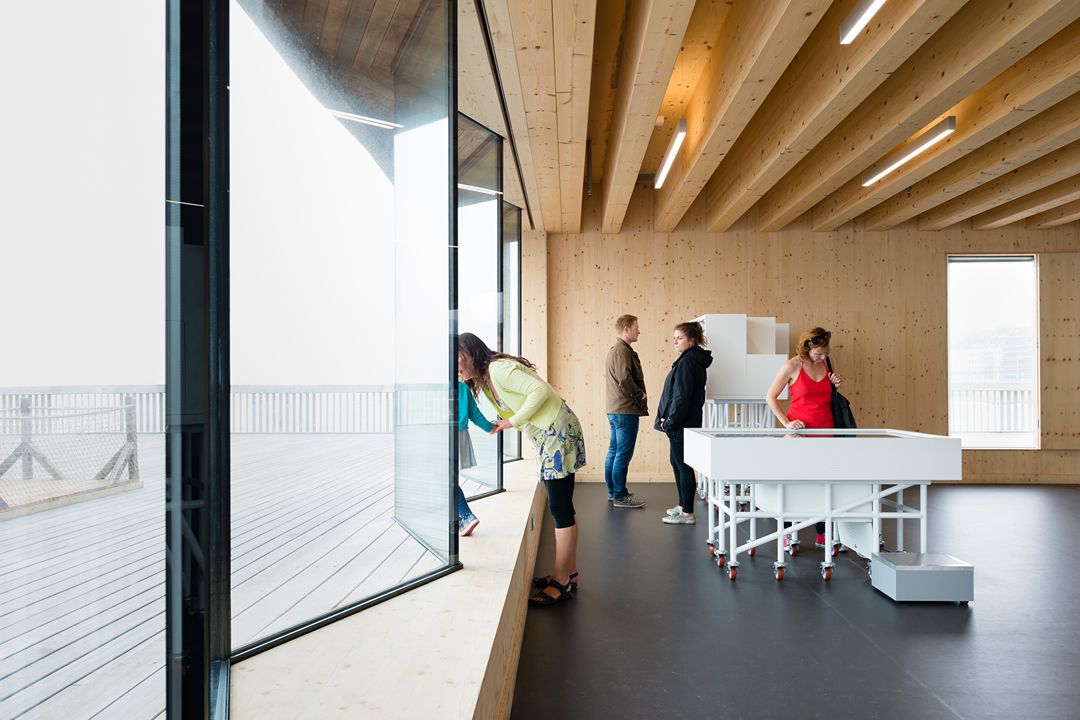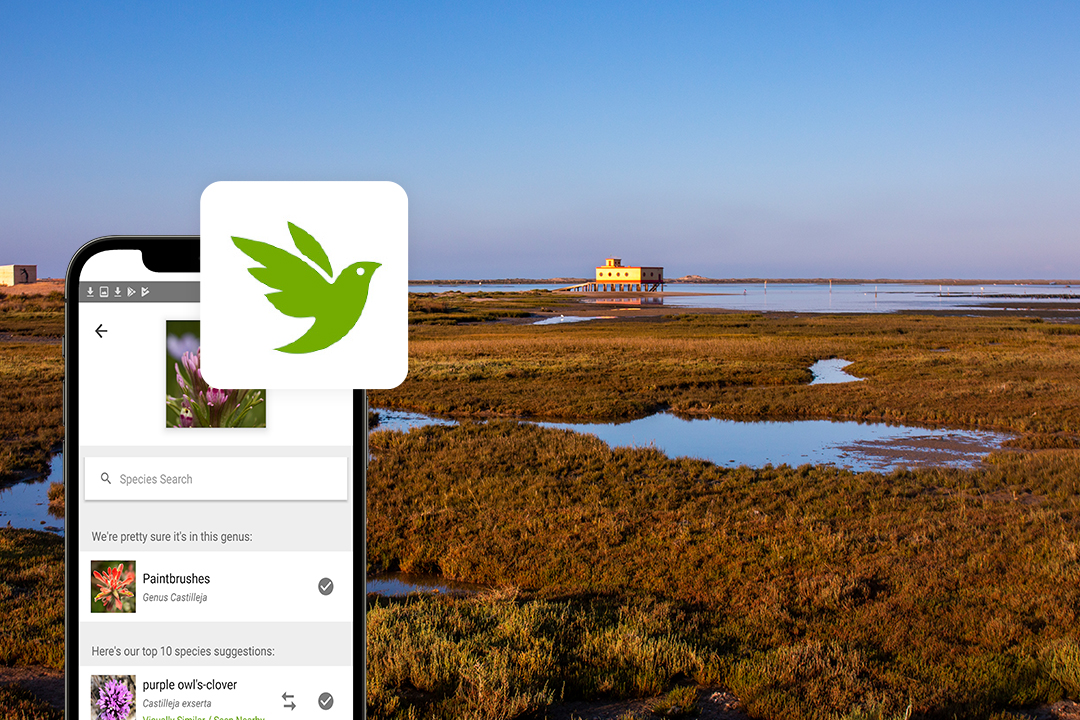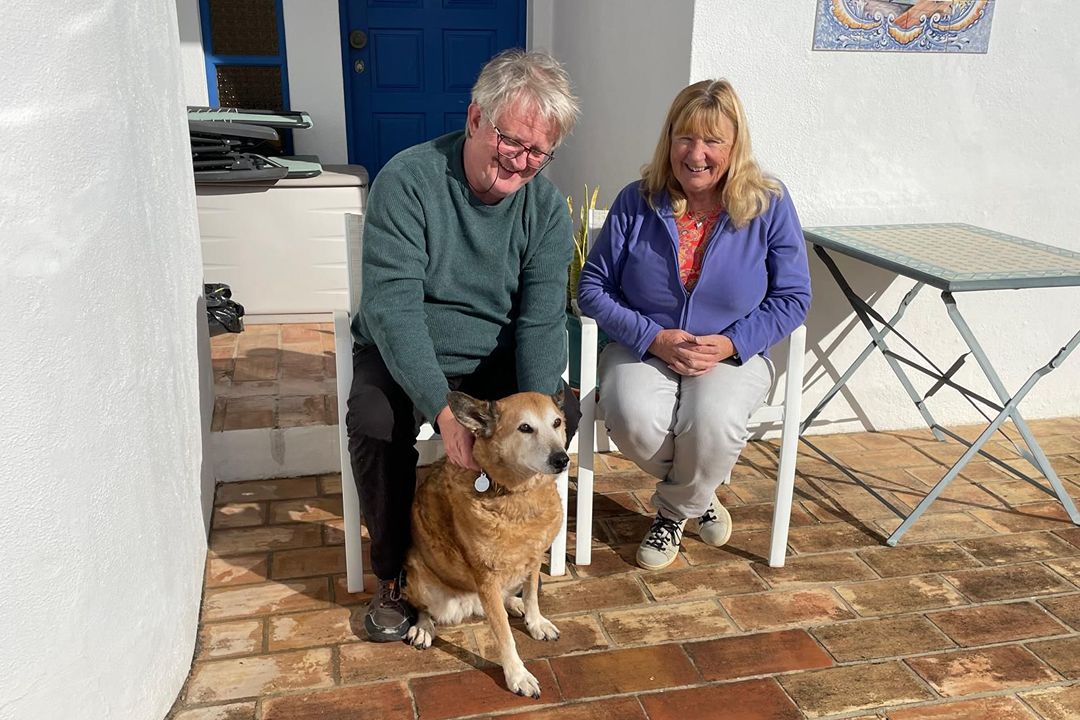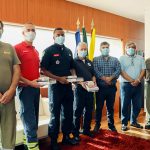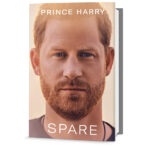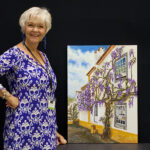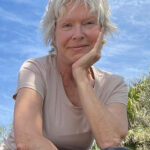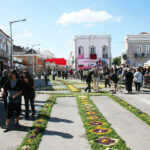By Chris Freer
Meeting Manx lawyer Andrew Baker in a bar at Lagos Marina last November was a happy accident because we soon discovered we shared an interest in rowing. Andrew is a big friendly bear of a man who exudes cheerful sociability, quick to laugh and share a beer. So it was a surprise when he pointed out an odd-looking craft alongside the dock and told me that he was about to embark on a solo row across the Atlantic, from Lagos to Barbados via the Canaries. He seemed the antithesis of the hardened, steely-eyed solo adventurer.
The voyage was still a dream – though several years in the making – as he sat chatting to clients in his legal practice, half his mind faraway on the ocean. Approaching 40, Andrew felt a need to do something dramatic and testing before he embarked on life’s more standard journey of marriage and family.
To provide a focus, Andrew engaged with several sponsors, the main one being Reach IOM, a charity dedicated to helping young people overcome the social stigma of discussing mental health issues. Mindful Walks, run by the Manx Wildlife Trust, organises tours designed and led by guides who are trained ‘mind’ coaches. The challenge of a prospective 90 days alone on the ocean connected with these charities because the isolation and loneliness in the hostile environment of an ocean requires tremendous strength of mind. Scotty is not there to beam you up.
We waved Andrew bon voyage on the afternoon of December 8, 2020. Standing at Ponta da Piedade, I watched his tiny craft disappear. Thereafter, we followed his snail-like progress on his tracker, which also showed the weather he was battling. The journey to the Canaries was the worst part, with long cold nights, variable winds and potential danger within the busy shipping lanes.
In Andrew’s second week, he locked himself in his tiny refuge cabin for five days lying to his sea anchor while his craft completed a huge circle in angry adverse seas. When one of these small boats gets into big waves, they become unrowable and lie beam on across the waves – dangerous and uncomfortable. A sea anchor is like a half metre diameter canvas umbrella on a long piece of rope you attach to the stern and this ‘anchor’ holds the boat stern on to the sea, which is more comfortable.
Gradually Andrew learned to use the elements and forecasts to progress south towards his first goal. He reached the Canaries on January 14; he was within sight of a haven offering a hot bath, ice cream and pizzas, but managed to resist the siren call and row on. Why? Because he knew that his inamorata Lucy would be waiting for him in Barbados over three thousand miles away.
Once past the Canaries, the warm trade winds and west going current made life easier, but one still needs to apply effort to the oars in a boat weighing nearly a ton (despite its carbon construction). The average speed rarely tops two knots at which rate all manner of ocean life attaches to the bottom, requiring a regular dip and dive with a scrubber among whatever marine companions are around.
The routine of the day is dictated by the weather and waves. Solar power charges the batteries required to run the water-maker, providing fresh water for dehydrated food cooked on a tiny one-burner gas cooker. Favourite meals were green chicken curry and macaroni cheese with a supply of chocolate and breadsticks for bad weather. This diet coupled to the constant exercise, saw him remain the same weight but somewhat change his physique. Surprisingly he suffered no problems with his hands – or backside! – during his 4,600-mile journey.
Andrew arrived in Port St. Charles, Barbados, after 98 days, during which time he had had no human contact. He stepped ashore and straight into Lucy’s arms feeling very wobbly. “Legs went. Head went. Very confused and it was very overwhelming.”
What were his thoughts on completing this amazing personal journey?
“It has reaffirmed the importance of living in the now. Forgive your past and remember that what you do today determines your tomorrow. It also made me realise the impermanence of all things, including the people in our lives. Nothing lasts forever and can be taken from us at any time, without warning. I have a newfound appreciation for so many things I had taken for granted, such as showers, fridges and freezers, taps and toilets. Sometimes we forget about everything we have and instead obsess over the things we want. I found myself thinking how difficult it must be for some people, every day of their lives, because of a disability of some kind.”
With an ocean of experience behind him, Andrew now feels ready to give full attention to his clients.
Sponsors: www.facebook.com/reachiom, www.wbuk.org, WhistleblowersUK
See his voyage track on www.reachintotheblue.com
